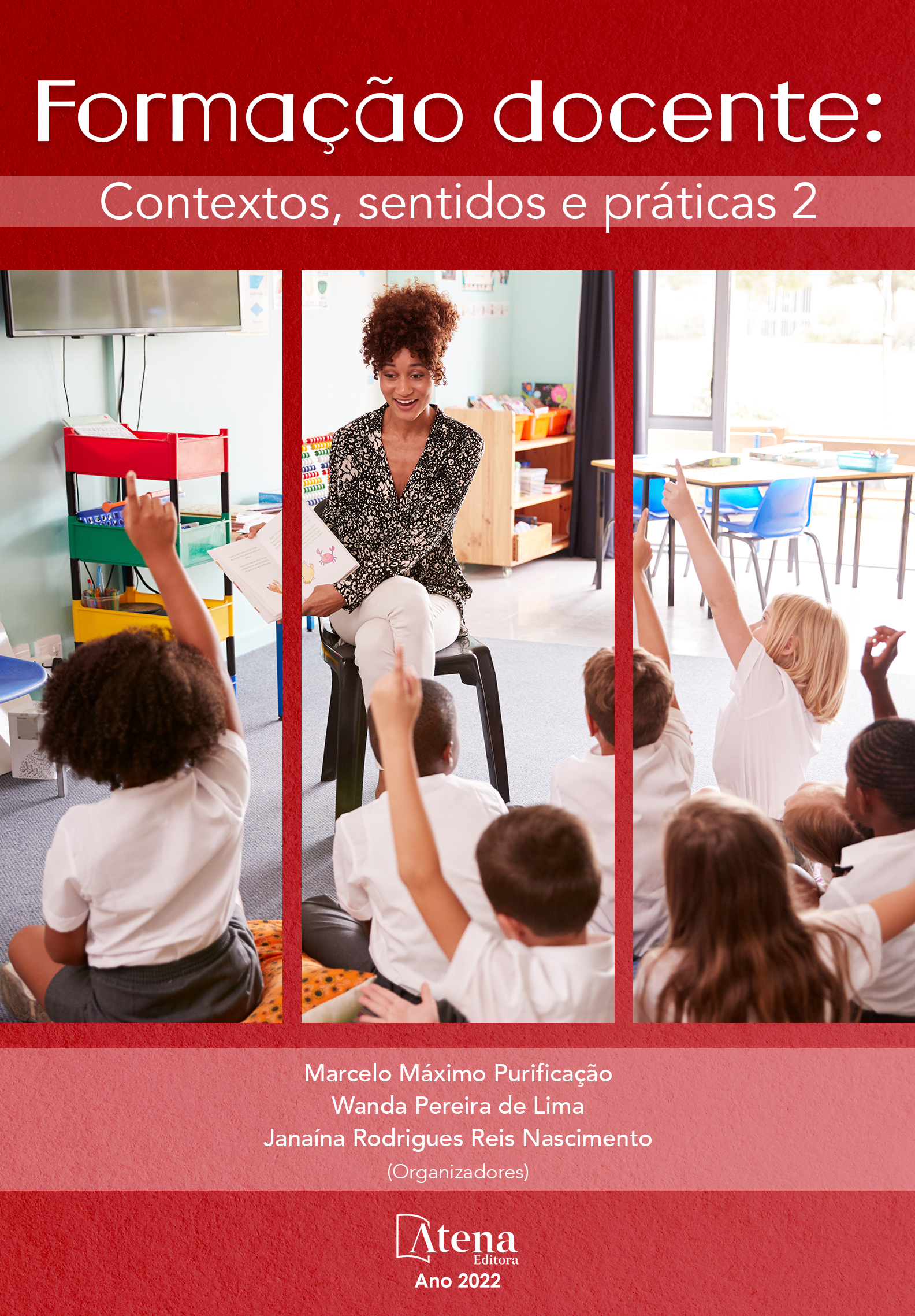
LUDICIDADE E EDUCAÇÃO: PRÁTICA E TEORIZAÇÃO DOCENTE
O presente texto tem como referência a experiência docente no Ensino Fundamental e no Ensino Superior, no cotidiano da sala de aula da escola e da universidade, em turmas de disciplinas que abordam a importância do lúdico no desenvolvimento humano, oferecidas para cursos de licenciatura na Universidade Federal do Rio Grande do Sul, sendo de caráter obrigatório no Curso de Licenciatura em Pedagogia. Para desenvolvê-lo optou-se por uma organização que permita a quem o lê contextualizar (1) a experiência da autora em sua docência, tendo a pesquisa como método e as pessoas da turma como sujeitos ativos, simultaneamente, investigados e investigadores; (2) alguns conceitos que norteiam as propostas desenvolvidas, seus objetivos, princípios metodológicos, e teóricos que dão suporte às ações desenvolvidas; (3) a questão do lúdico na formação docente e, (4) alguns dos inúmeros resultados obtidos nesta ação investigativa e as múltiplas possibilidades de estudo, pesquisa e transformação no contexto escolar. O lúdico, muitas vezes, reduzido ao oferecimento de jogos e brincadeiras, constitui-se num aspecto imprescindível na construção do conhecimento e no desenvolvimento integral de alguém. Na escola, esta abordagem impõe à docência um conhecimento interdisciplinar, construído a partir de um método de cooperação. Tendo esta perspectiva presente, a partir de estudos empreendidos sobre Paulo Freire e Jean Piaget, e o objetivo de destacar a complexidade do lúdico, a escrita deste texto será concluída enfocando a importância da reflexão e da teorização da prática, da participação efetiva de todos nas atividades e do respeito às singularidades, no exercício da docência, e suas implicações na transformação do contexto escolar.
LUDICIDADE E EDUCAÇÃO: PRÁTICA E TEORIZAÇÃO DOCENTE
-
DOI: 10.22533/at.ed.36322290314
-
Palavras-chave: Ludicidade; Docência; Cooperação; Jean Piaget; Paulo Freire
-
Keywords: Playfulness; teaching; cooperation; Jean Piaget and Paulo Freire.
-
Abstract:
The present text has as reference the teaching experience in Elementary and Higher Education, in the daily life of the school and university classroom, in groups of subjects that address the importance of ludic in human development, offered for undergraduate courses at the University Federal of Rio Grande do Sul, being mandatory in the Licentiate Degree in Pedagogy. To develop it, we opted for an organization that allows those who read it to contextualize (1) the author's experience in her teaching, having the research as a method and people in the class as active subjects, simultaneously investigated and investigators; (2) some concepts that guide the developed proposals, their objectives, methodological and theoretical principles that support the developed actions; (3) the matter of ludic in teacher training and, (4) some of the numerous results obtained in this investigative action and the multiple possibilities for study, research and transformation in the school context. The ludic, often reduced to offering games and play, constitutes an essential aspect in the construction of knowledge and in the integral development of someone. At school, this approach imposes on teaching an interdisciplinary knowledge, built from a method of cooperation. With this perspective in mind, based on studies undertaken on Paulo Freire and Jean Piaget, and the aim of highlighting the complexity of ludic, the writing of this text will be concluded by focusing on the importance of reflection and theorization of practice, of the effective participation of all in the activities and in the respect for singularities, in the exercise of teaching, and its implications for the transformation of the school context.
-
Número de páginas: 15
- Darli Collares


